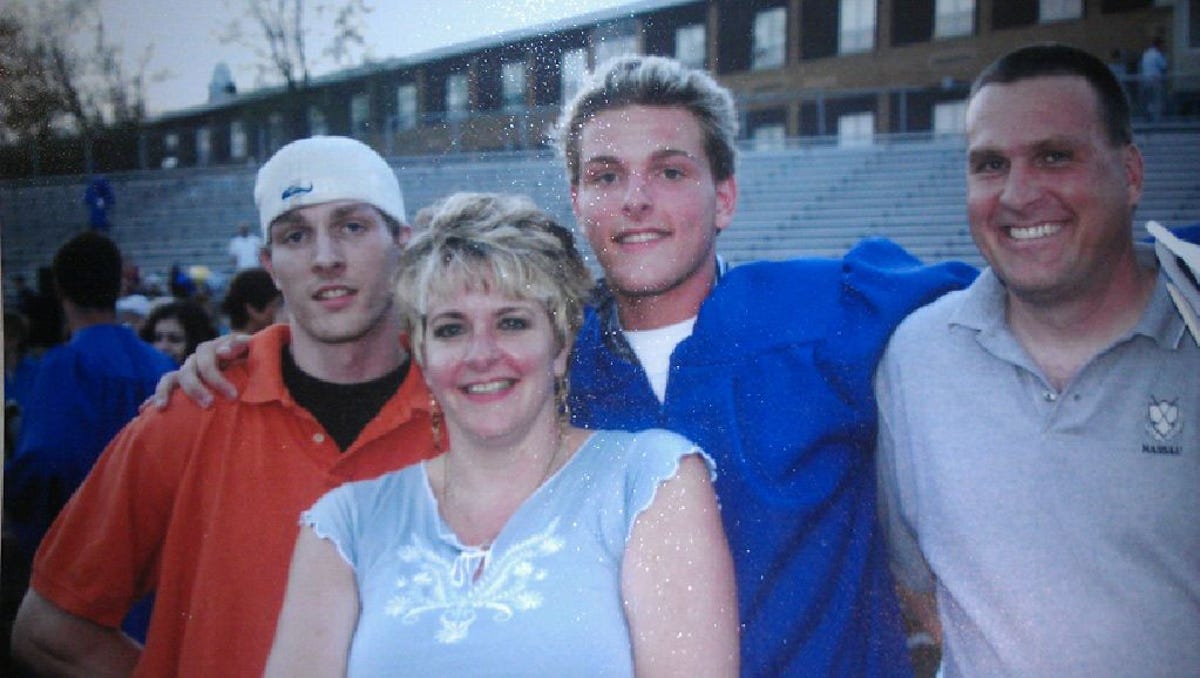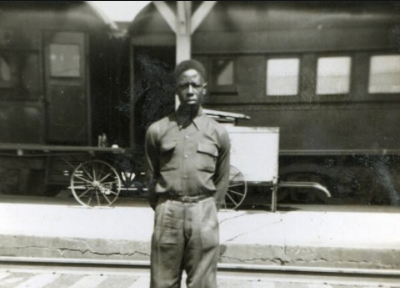
The Weeknd spent $7M of his own money and wasn't paid by the NFL for last night's halftime show at the Super Bowl.
The craziest part?
It was an investment.
Time for a thread 👇👇👇
The craziest part?
It was an investment.
Time for a thread 👇👇👇

1) First, some history.
From Jennifer Lopez and Katy Perry to Justin Timberlake and Lady Gaga, the most famous halftime performers in history haven't been paid to perform at the Super Bowl.
Instead, they are rewarded with exposure.
From Jennifer Lopez and Katy Perry to Justin Timberlake and Lady Gaga, the most famous halftime performers in history haven't been paid to perform at the Super Bowl.
Instead, they are rewarded with exposure.
2) With 100M+ people watching the Super Bowl worldwide, the NFL recruits performers by promising media exposure.
Here's an example:
After the 2020 Super Bowl, Jennifer Lopez & Shakira gained 3M followers on social media & saw their song downloads increase 900%.
Here's an example:
After the 2020 Super Bowl, Jennifer Lopez & Shakira gained 3M followers on social media & saw their song downloads increase 900%.

3) As for The Weeknd, check this out:
This morning, less than 12 hours after the Super Bowl ended, his music already represented 8 out of the top 10 trending songs on Spotify.
Simply put, that's what one of the greatest promotional events in the world will do for you.
This morning, less than 12 hours after the Super Bowl ended, his music already represented 8 out of the top 10 trending songs on Spotify.
Simply put, that's what one of the greatest promotional events in the world will do for you.
4) While the increased streaming exposure & social following is great, The Weeknd will see most of his financial benefit on future tours.
Data from ticketing platforms like Stubhub tells us that concert ticket searches usually jump 50% for halftime acts following the Super Bowl.
Data from ticketing platforms like Stubhub tells us that concert ticket searches usually jump 50% for halftime acts following the Super Bowl.
5) While Jennifer Lopez & Shakira couldn't capitalize due to COVID-19, Maroon 5 saw their per-show average gross grow $200,000 to $1.7M after their 2019 Super Bowl performance.
Another example?
Travis Scott now brings in over $1M per show, or 2x what he used to.
(H/T @forbes)
Another example?
Travis Scott now brings in over $1M per show, or 2x what he used to.
(H/T @forbes)

6) The biggest issue for The Weeknd?
He has a 66 show tour across North America & Europe starting in 10 months, but with COVID-19 still impacting live events, who knows if that will happen.
If not, given his last tour grossed $100M, The Weeknd will miss out on a massive payday.
He has a 66 show tour across North America & Europe starting in 10 months, but with COVID-19 still impacting live events, who knows if that will happen.
If not, given his last tour grossed $100M, The Weeknd will miss out on a massive payday.
7) As if that wasn't interesting enough, The Weeknd actually paid $7M out of pocket for his performance.
Here's why...
In a typical year, the NFL and its sponsors cover all costs related to halftime show production — typically around $13M.
For The Weeknd, that wasn't enough.
Here's why...
In a typical year, the NFL and its sponsors cover all costs related to halftime show production — typically around $13M.
For The Weeknd, that wasn't enough.
8) Feeling that the $13M budget was inadequate given his vision, The Weeknd decided to spend $7M extra — $20M in total — to make the performance what he envisioned.
My take?
It was a no-brainer.
My take?
It was a no-brainer.

9) Think about it this way...
Brands spent $5.5M for 30-second Super Bowl Ads last night.
The Weeknd?
Well, he paid $7M, or just $1.5M more, for a 15-minute commercial, which will bring much more media attention & billions of social impressions.
That's obviously a great deal.
Brands spent $5.5M for 30-second Super Bowl Ads last night.
The Weeknd?
Well, he paid $7M, or just $1.5M more, for a 15-minute commercial, which will bring much more media attention & billions of social impressions.
That's obviously a great deal.
10) In the end, the ROI of this $7M performance will heavily depend on The Weeknd's ability to tour within the next 12 months.
On that front, only time will tell.
Regardless, you have to respect someone betting on themselves to the tune of $7M.
That part, I love.
On that front, only time will tell.
Regardless, you have to respect someone betting on themselves to the tune of $7M.
That part, I love.

11) If you enjoyed this thread, you should:
1. Follow me; I tweet cool stories like this every day.
2. Subscribe to my free daily newsletter, where I give a detailed analysis on topics involving the money and business behind sports.
huddleup.substack.com
1. Follow me; I tweet cool stories like this every day.
2. Subscribe to my free daily newsletter, where I give a detailed analysis on topics involving the money and business behind sports.
huddleup.substack.com
Also, don't forget @AthleticBrewing is the reason I'm able to create sports business content full-time.
If you want to support me, buy some beer - it's really great stuff.
Use code "JOE25" for 25% off at athleticbrewing.com
If you want to support me, buy some beer - it's really great stuff.
Use code "JOE25" for 25% off at athleticbrewing.com
• • •
Missing some Tweet in this thread? You can try to
force a refresh








